Programme Transition
Depuis 2020, le programme Transition permet de financer une quatrième année de doctorat ou une période de transition après la soutenance de thèse pour finaliser le projet et d’éventuelles publications. Chaque année, environ 200k€ sont alloués à ce programme.
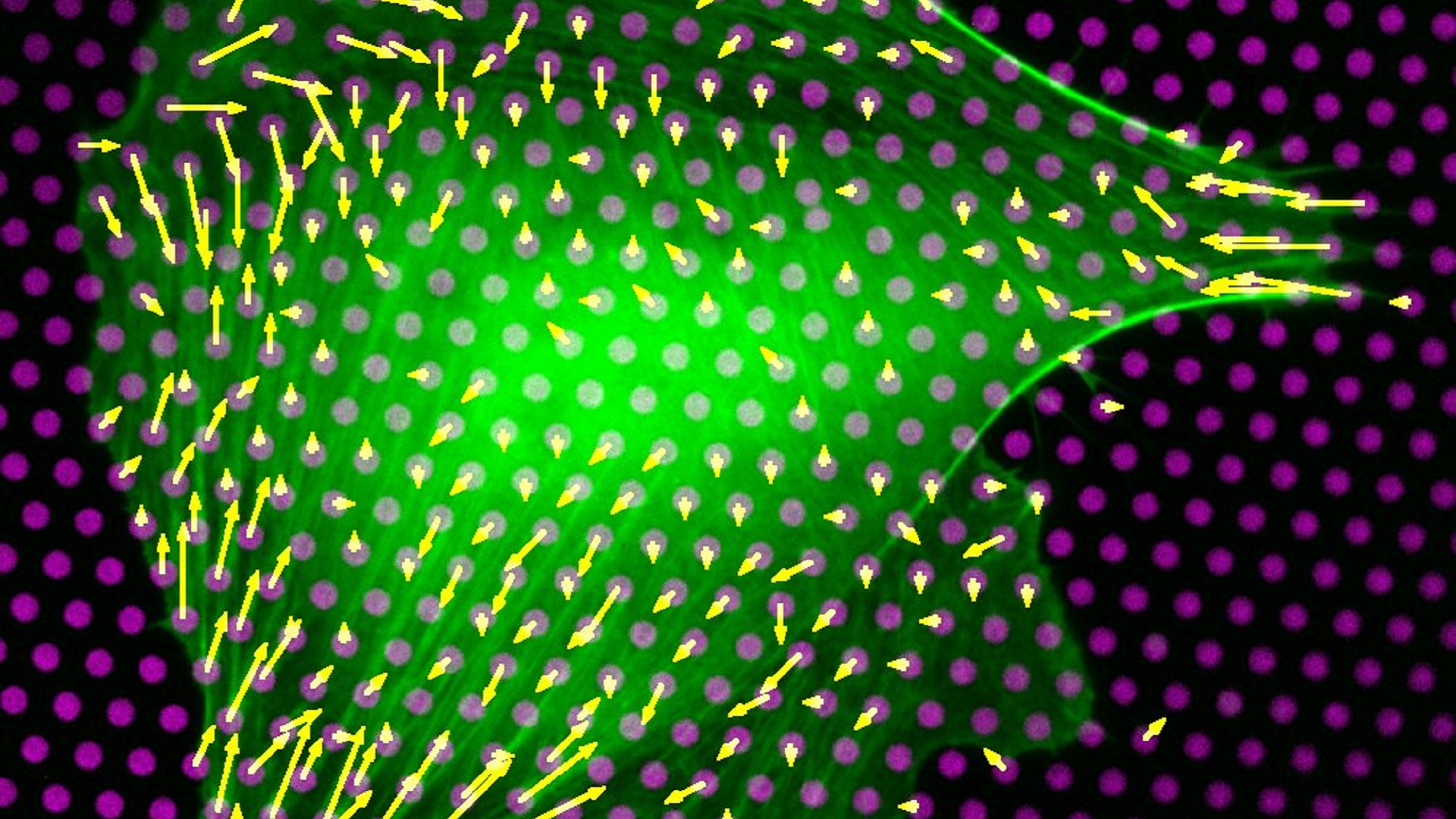
Une cellule sur des micro-piliers
Image fluorescente d’une cellule sur un lit de micro-piliers flexibles et les forces de traction résultantes
© Benoît LADOUX, Institut Jacques Monod
L’appel d’offre Transition annuel soutient doctorants et jeunes docteurs pendant 12 mois au maximum.
Transition 2023
Vingt-quatre projets ont été soumis, huit d’entre eux ont été sélectionnés pour des périodes de financement allant de 6 à 12 mois :
- « Probing the role of long non-coding RNA XIST and X Chromosome Inactivation for human extraembryonic cell fate acquisition », Léo CARRILLO, doctorant (4ème année), EDC
- « Evolutionary theory from biology to social sciences: ontological and epistemological stakes of the evolution of gender characteristics », Agathe DU CREST, doctorante (4ème année), IHPST
- « Plasmodium falciparum causes significant alterations in erythroid differentiation », Aurélie DUMARCHEY, doctorante (4ème année), Institut Cochin
- « Elucidation des mécanismes moléculaires de perception de la densité cellulaire dans l’épithélium, de la surface de la cellule à son noyau », Louis LAURENT, doctorant (4ème année), IJM
- « Dynamics of a leaf central vein », Camille LE SCAO, doctorante (4ème année), MSC
- « Role of vimentin in epithelial collective cell migration », Sudheer Kumar PENETI, doctorant (4ème année), IJM
- « Characterization of the epigenome of human spermatozoa: impact of the age and correlation with embryonic development », Manon COULEE, post-doctorante, Institut Cochin
- « Identity and evolution of adhesive properties in several Drosophila species », Manon MONIER, post-doctorante, IJM
Transition 2022
Seize projets ont été soumis, sept d’entre eux ont été sélectionnés pour des périodes de financement allant de 3 à 12 mois :
- « Uncovering the mechanisms of regeneration in the annelid Platynereis dumerilii », Loïc BIDEAU, doctorant (4ème année), IJM
- « Evolution of X Chromosome Inactivation and regulatory non-coding RNA in primates », Emmanuel CAZOTTES, doctorant (4ème année), EDC
- « Role of Srf in the control of myoblast fusion », Kassandra KOBON, doctorante (4ème année), Institut Cochin
- « Detection of attachments without tension during the second meiotic division in oocytes », Antoine LANGEOIRE, doctorant (4ème année), IJM
- « Centrosomal meiotic divisions in the parthenogenetic nematode Rhabditophanes diutinus », Aurélien PERRIER, doctorant (4ème année), IJM
- « Etude du rôle de la méthylation des protéines ESCRT-III dans la régulation de l’abscission », Aurélie RICHARD, doctorante (4ème année), EDC
- « Rôle de l’hélicase DDX6 dans l’hématopoïèse normale », Zubaidan TUERDI, post-doctorante, Institut Cochin
Transition 2021
Vingt deux projets ont été soumis, onze d’entre eux ont été sélectionnés pour des périodes de financement allant de 3 à 12 mois :
- « Epigenetic regulation of filamentation in C.albicans: a top-down proteomics study », Nicolas SENECAUT, doctorant (4ème année), IJM
- « Effect of the Substrate Stiffness on the Self-Organization of the Intestinal Epithelial Stem Cell Niche », Barbara MERCIER, doctorante (4ème année), IJM
- « The role of mechanics and single cell polarity during the emergence of motion in collective cell migration », Victor CELLERIN, doctorant (4ème année), IJM
- « Establishment of T lymphocyte asymmetry upon chemokine stimulation », Morgane SIMAO, doctorante (4ème année), Institut Cochin
- « Bulk Cytoplasm Material Properties and Mitotic Spindle Positioning », Jing XIE, post-doctorante, IJM
- « Role of LRRFIP2 during heart development and in hypoxia regulation during embryogenesis », Laura BEN DRISS, post-doctorante, Institut Cochin
- « Elucidating the molecular mechanisms of transcription termination by the RNA polymerase III », Juanjuan XIE, post-doctorante, IJM
- « Role of Axine 1 on the intestinal epithelium homeostasis », Romain SANSON, post-doctorant, Institut Cochin
- « Actin filament bundling tunes disassembly by cofilin », Jahnavi CHIKIREDDY, post-doctorante, IJM
- « Small non-coding RNAs of intron origin: new key players of muscle identity and fate », Baptiste BOGARD, post-doctorant, EDC
- « The epistemic and ontological value of stochasticity in cells stress response. The case of alternative start-codon selection », Marco CASALI, post-doctorant, IHPST
Transition 2020
Vingt deux projets ont été soumis, neuf d’entre eux ont été sélectionnés pour des périodes de financement allant de 3 à 8 mois :
- « Post Traumatic Stress Disorder between defense mechanisms and stress vulnerability », Fanny BONARD, doctorante (4ème année), CRPMS
- « Function of new histone deposition during chromatin repair : impact on histone post-translational modifications at mitotic onset », Juliette FERRAND, doctorante (4ème année), EDC
- « Interplay between the oncoproteins FAK and Pyk2 and the molecular scaffolds β‐arrestins from the membrane to the nucleus », Isaure LOT, doctorante (4ème année), Institut Cochin
- « Apico-basal localization of the transmembrane receptor Smoothened and its impact on Hedgehog signal transduction », Marina GONCALVES ANTUNES, doctorante (4ème année), IJM
- « Étude moléculaire des mécanismes d’action d’inhibiteurs de CDK4 et CDK6 sur la réplication de l’ADN », Su-Jung KIM, doctorante (4ème année), IJM
- « Role of the JUNO oocyte protein in the mammalian block to polyspermy », Sophie FAVIER, post-doctorante, Institut Cochin
- « Characterization of a protein that bridges the small RNA pathway to PRC2 in Paramecium », Caridad MIRO PINA, post-doctorante, IJM
- « Inactivation du chromosome X et identité cellulaire chez l’humain : rôle des ARN non-codants », Madeleine MOSCATELLI, post-doctorante, EDC
- « Evolution of a novel left-right asymmetry in Drosophila pachea », Bénédicte LEFEVRE, doctorante (4ème année), IJM
À lire aussi
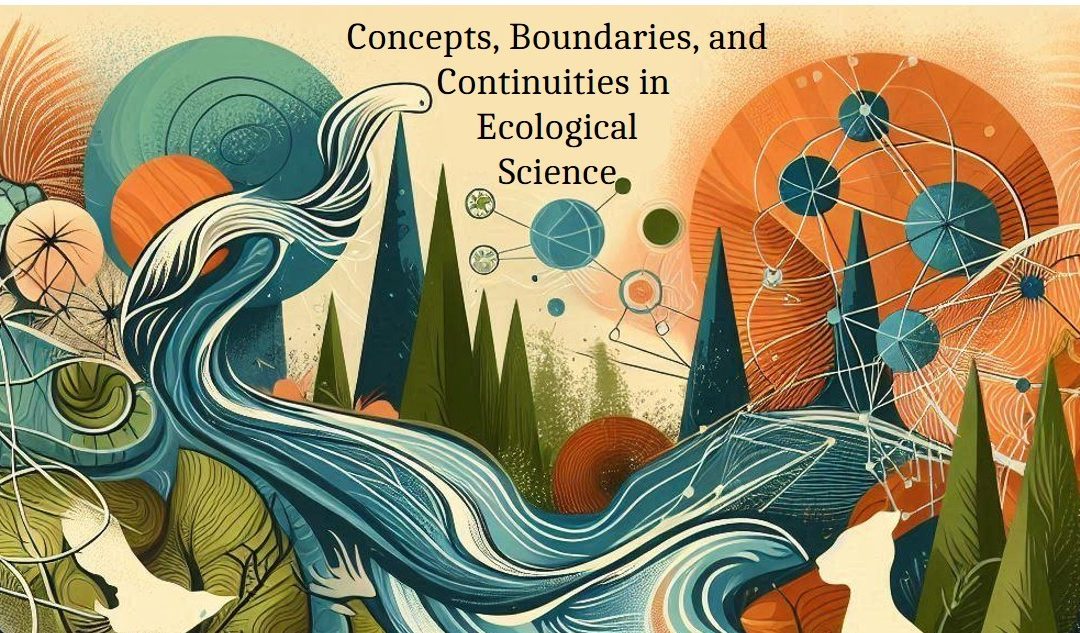
Workshop on Identity in Ecology
Concepts, Boundaries, and Continuities in Ecological Science Date:May 6th 2025 Location: IHPST - 13 Rue du Four, 75006 Paris Organizer(s): Huneman Philippe © Diane Duboué & Copilot Workshop on Identity in Ecology Concepts, Boundaries, and...
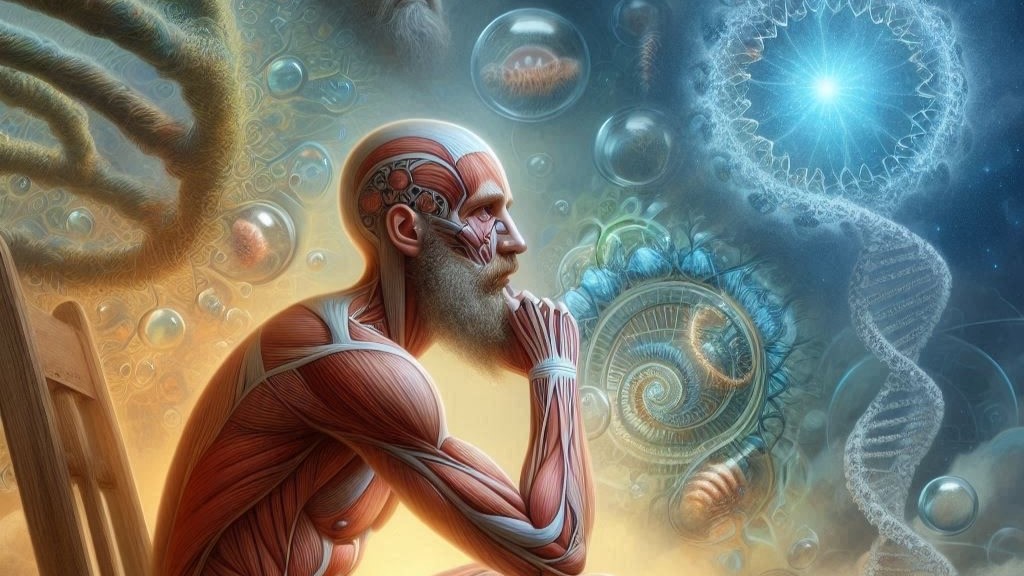
Biological identity after the postgenomic turn
12/11/2024 - "While the identity of individual animals and plants has often been understood as based on their genotype, epigenetics and the overall postgenomic turn challenged this belief. In this workshop biologists, ecologists and philosophers of biology will...
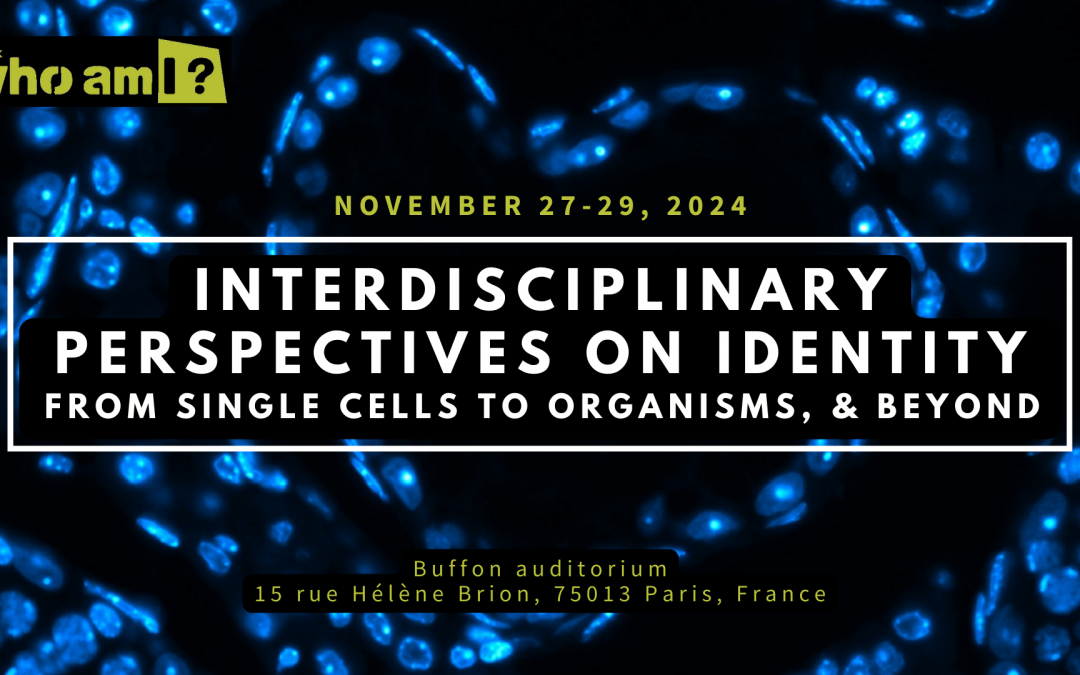
Congrès de clôture 2024 – Perspectives interdisciplinaires sur l’identité
Le Labex Who Am I? vous convie à son congrès de clôture « Interdisciplinary Perspectives on Identity: from Single Cells to Organism and Beyond », qui se déroulera du 27 au 29 novembre 2024, à Paris. Nous vous invitons à notre congrès annuel les27, 28 et 29 novembre...
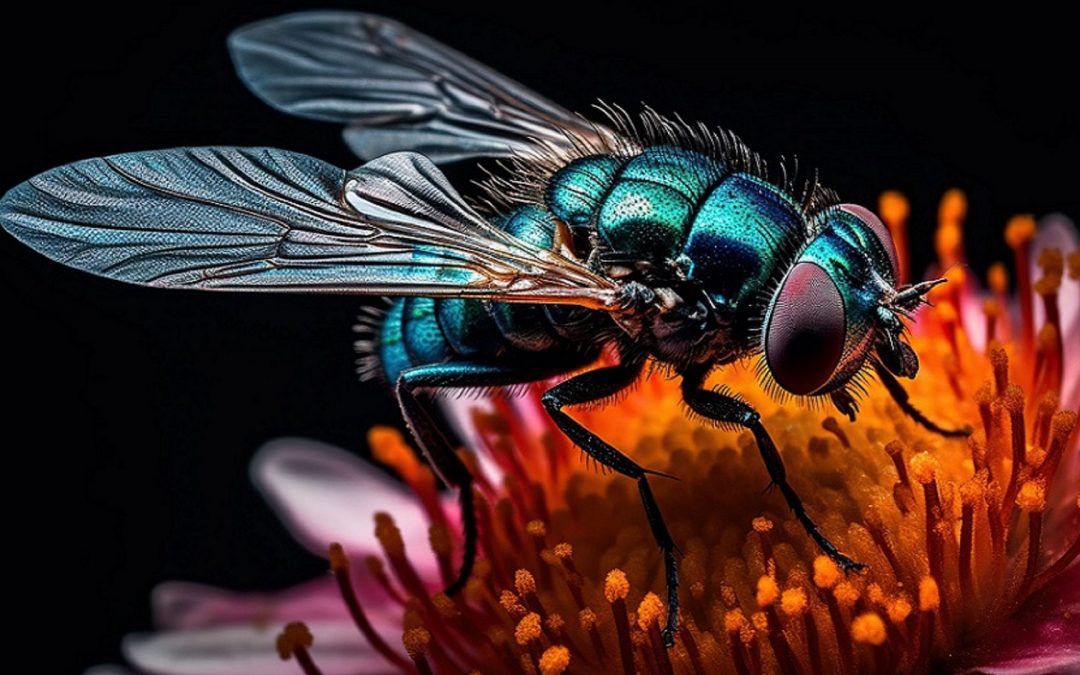
Festival Pint of Science 2024
Cette année, le Labex Who Am I? s’associe à la Faculté des Sciences de Université Paris Cité, à l’École Universitaire Génétique et Épigénétique Nouvelle École (EUR GENE) et au Domaine d’Intérêt Majeur BioConvergence pour la Santé (DIM BioConvS), pour...
